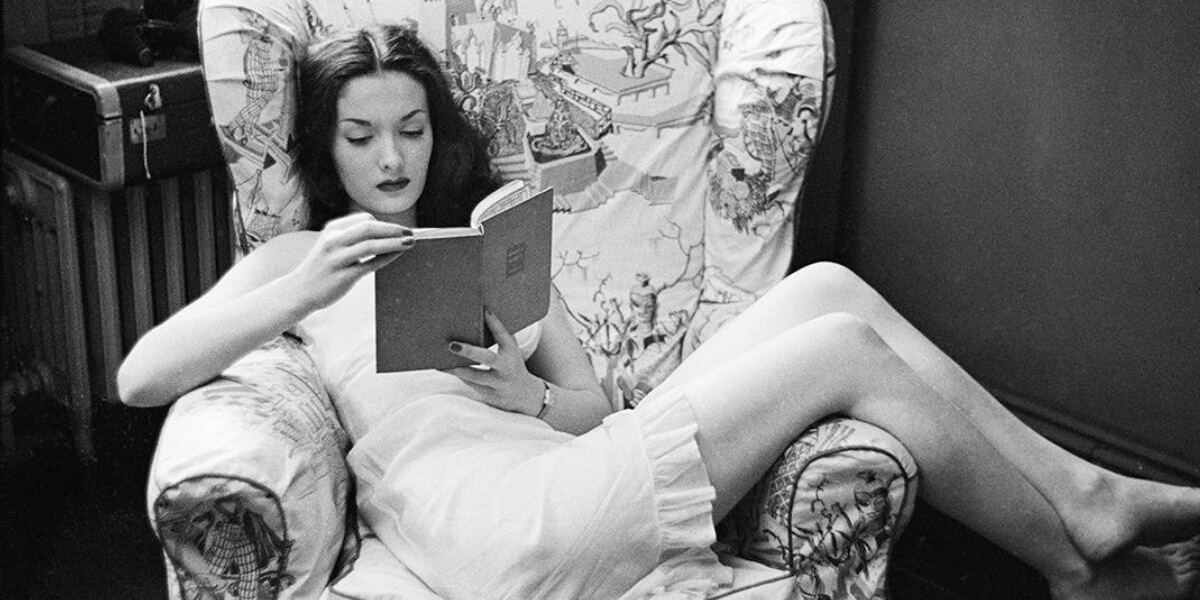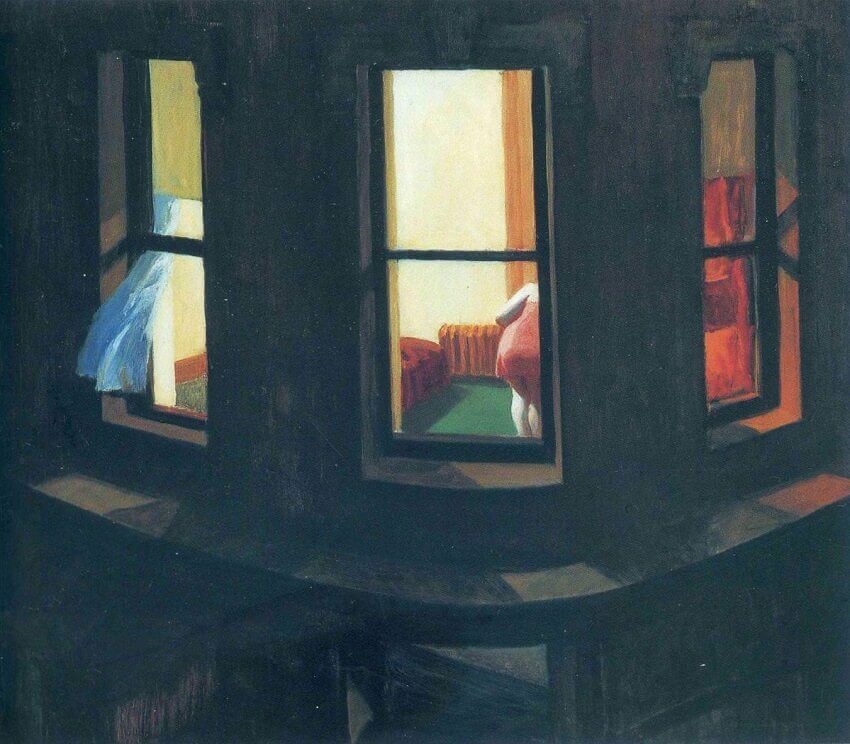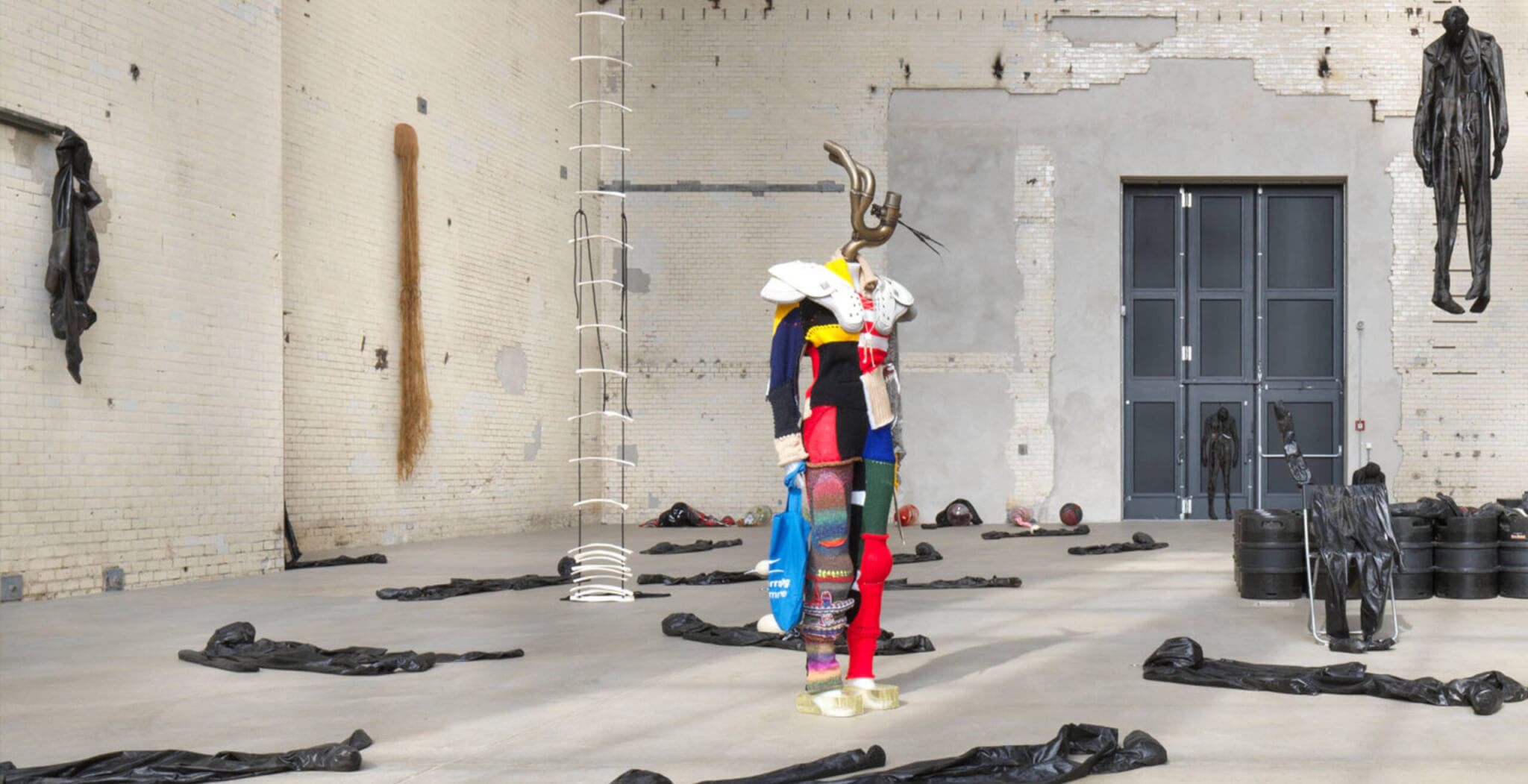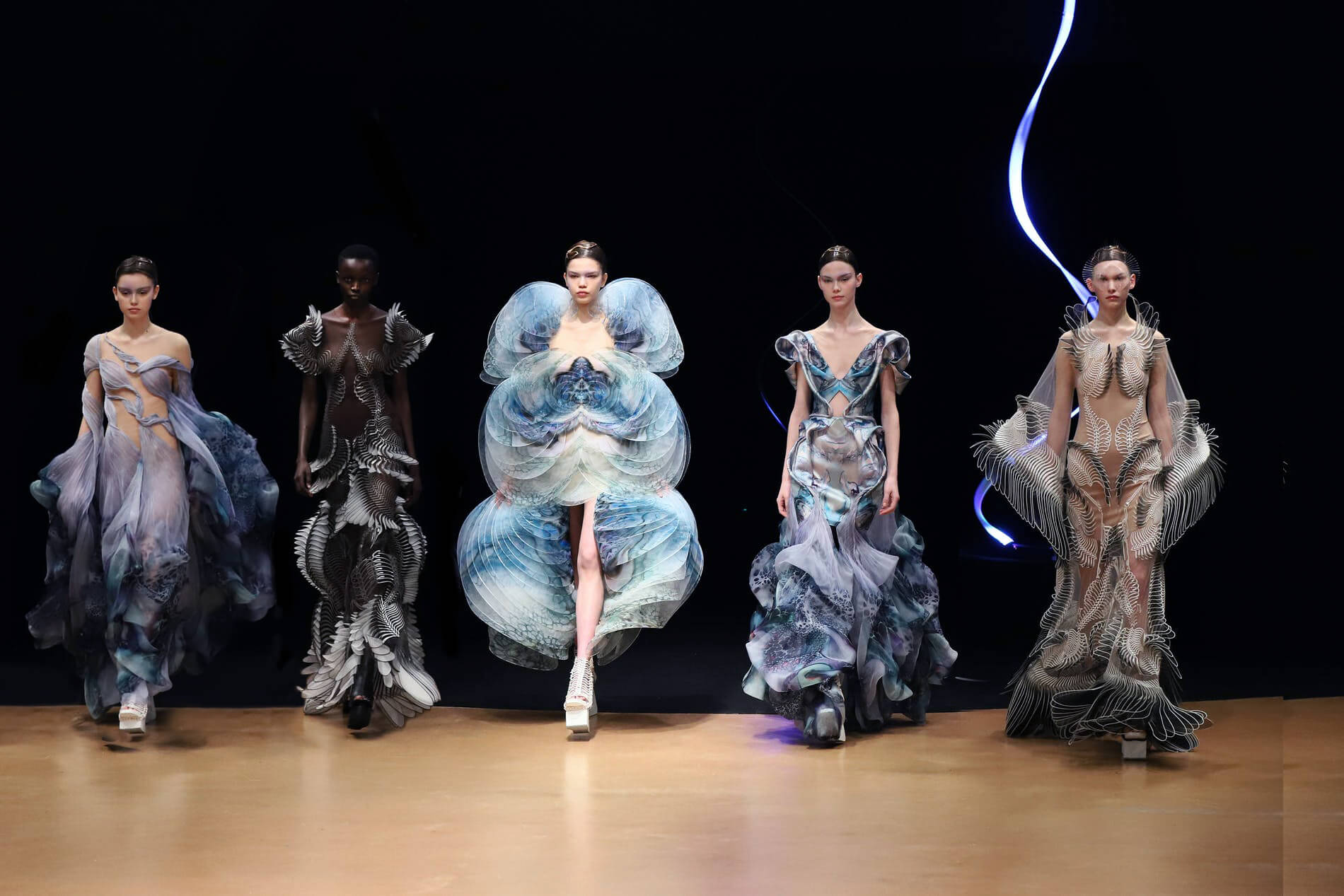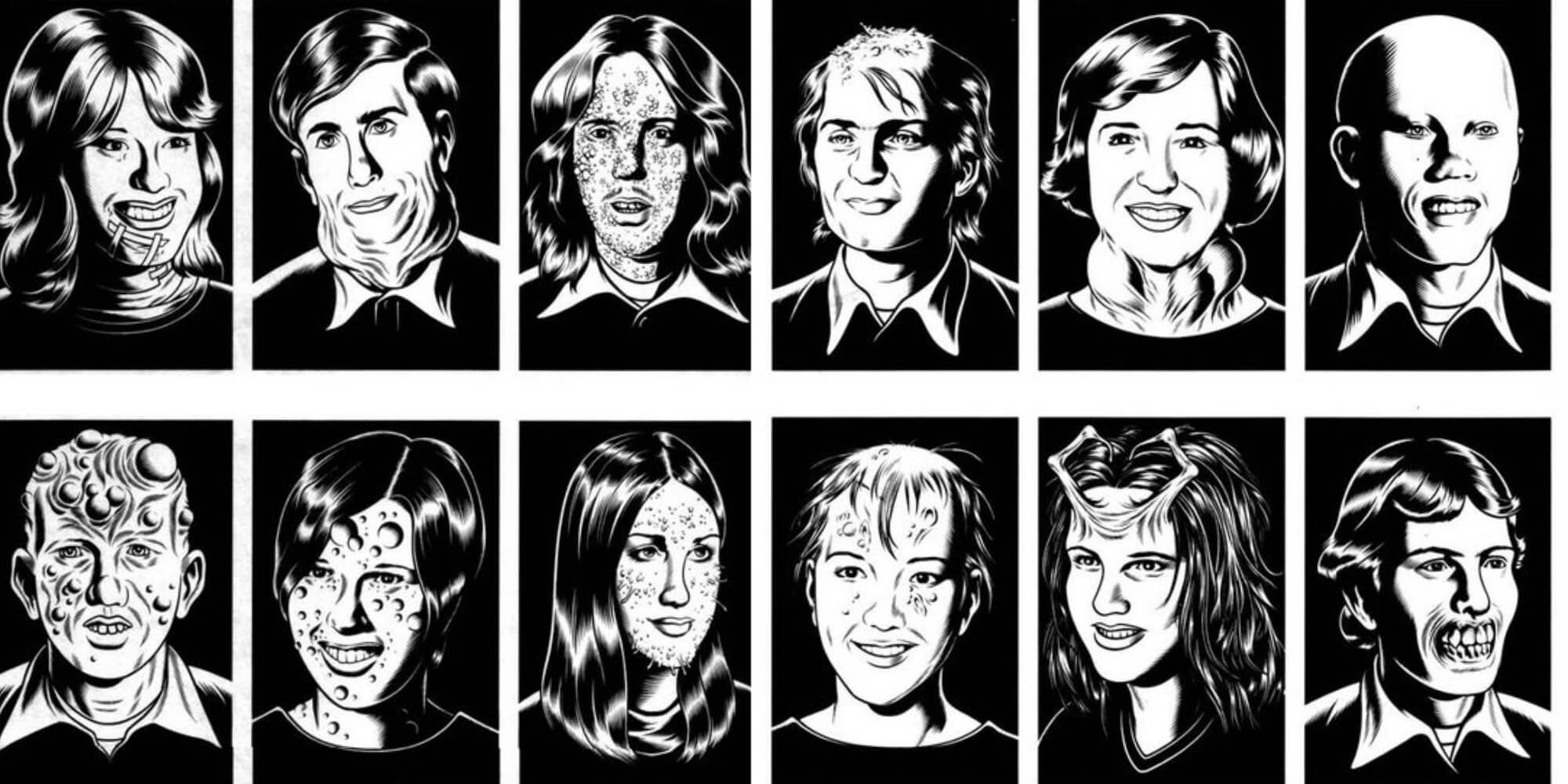All things end, and so does summer. To close off the hot months on a reflective note, here are five books to guide you through the transformative change of the seasons.
All Fours by Miranda July
“My friends are always obliging me with ephemera like this- screenshots of sexts, emails to their mothers- because I’m forever wanting to know what it feels like to be other people. What are we all doing? What the hell was going on here on Earth? Of course, none of these artifacts really amounted to anything; it was like trying to grab smoke by its handle. What handle?”
Dance, desire, menopause, parenthood, rebirth. On their own, these themes might seem like they belong in different novels. But in the genius hands of Miranda July, they complement and amplify each other. July’s protagonist is an artist in her mid-forties, living with her husband and child in Los Angeles. For her annual visit to New York, she decides to embark on a cross-country road trip in hopes of a transformative adventure on the way. Only the road trip never actually happens. Some thirty minutes into her drive, she meets a handsome and charismatic young man at a gas station — what follows is an experience that sends her spiraling deeper and deeper into a crisis of questioning everything. The reflections on her own and others’ lives are sometimes humorous, often sobering, and always unashamedly honest in a way that will have you question your own life through July’s voice. In the simplest of terms, it is a novel about reinvention, and it is nothing short of brilliant.
Vile Bodies by Evelyn Waugh
“The effects of their drinks had now entered on that secondary stage, vividly described in temperance handbooks, when the momentary illusion of well-being and exhilaration gives place to melancholy, indigestion, and moral decay.”
For classic lovers, Waugh’s novel Vile Bodies is a satire of London’s “Bright Young Things” in the 1920s, a generation characterized by glittering parties, gossip, and frivolity on the edge of collapse. It is a portrait of a society both dazzling and hollow, where the excesses of pleasure mask anxiety about a world that is rapidly changing. Waugh’s wit is merciless, but beneath the irony is a sense of impending doom, suggesting the frivolity itself is a byproduct of underlying despair. Waugh masterfully masks these themes with unmatched humor and wit, and characters so helpless you can’t help but adore them. If you love Gossip Girl but also early 20th-century glitz, you will love Vile Bodies.
Good Girl by Aria Aber
“And though I knew the complexity of our fate couldn’t be reduced to a single sheet of paper, she nonetheless had a point: Evil expressed itself through administrative language.”
What’s the most fun a girl can have without getting hurt? In Aber’s debut novel, Good Girl, the line is thin. Nila, a 19-year-old daughter of Afghan refugees, drifts through Berlin’s nightlife, numbing herself with raves, drugs, and an uneasy romance with an older writer — a cliché waiting to happen. With Aber’s lyrical talent as a poet, however, the book beautifully and sensitively captures the tension between escape and belonging, grief and desire, and the search for identity in a place you’re told you don’t belong.
Tomorrow Sex Will Be Good Again by Katherine Angel
“The fantasy of total autonomy, and of total self-knowledge, is not only a fantasy; it’s a nightmare.”
If you want to indulge in some non-fiction this summer, this might be the book for you. Part essay, part manifesto, Angel’s book is a piercing inquiry into consent, agency, and vulnerability in contemporary sexual politics. She examines the cultural pressures that shape women’s sexuality — the demands to be both liberated and cautious, desiring and yet self-protective. What makes the book powerful is its nuance: Angel resists easy answers, instead asking how we can build a sexual culture that accepts and embraces complexity. This was an eye-opening, refreshing, and needed perspective in a culture where it often feels like you’re being yelled at about how you’re supposed to feel about sex.
Sula by Toni Morrison
“I’m me,” she whispered. “Me,” Nel didn’t know quite what she meant, but on the other hand, she knew exactly what she meant. “I’m me. I’m not their daughter. I’m not Nel. I’m me. Me.”
If you have been personally affected by the viral TikTok “We-Were-Girls-Together” bench, you should read Toni Morrison’s Sula. By no means an insider recommendation but still one of Morrison’s lesser-known novels, Sula circles all things girlhood, mother-daughter relationships, and the complexities of Black womanhood in the early 20th century. Sula and Nel have the cards stacked against them in rural America of the 1920s: they are poor, they come from broken families, and freedom is something forbidden to them by the world they live in. “Daughters of distant mothers”, they describe themselves, and throughout the novel, Nel and Sula find ways to complete in each other what they are denied by their families, by society. It is truly a beautiful novel about different forms of mothering, female existence, and the search for a sense of self.









